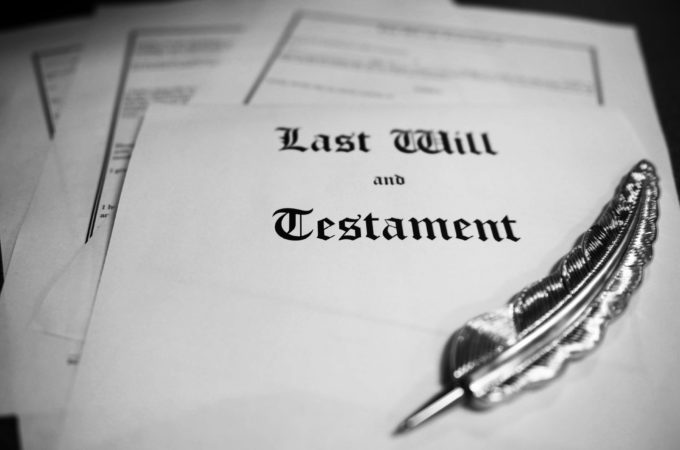This is Part III of a three-part blog series. Parts I & II can be found at the following respective links: https://www.allaboutestates.ca/equalizing-an-estate-where-one-of-more-children-are-u-s-persons-and-planning-strategies-where-there-are-u-s-beneficiaries-part-i/ and https://www.allaboutestates.ca/equalizing-an-estate-where-one-of-more-children-are-u-s-persons-and-planning-strategies-where-there-are-u-s-beneficiaries-part-ii/. Parts I & II discussed a few issues to consider if a client’s intention is to equalize their estate amongst their children where one or more…
Month: August 2024
I recently spoke to an estate lawyer who told me she would never recommend certain charities to clients. Why? Because of the way these charities treated estate trustees. Some charities are unduly litigious, grind on fees, and are obstreperous about releases. It’s not the first time I’ve heard this comment…
Undue influence, a common claim to be heard in the context of will challenges, occurs when a testator is forced or coerced into changing his or her will or creating a new one in favour of the coercing party. A closely related concept is testamentary fraud. Although testamentary fraud does…
Will the change in the capital gain inclusion rate have any implications to estate planning? For taxation years that end after June 24, 2024, the capital gains inclusion rate increased from one-half to two-thirds and the change will have some implications in estate planning. Advisors will need to adjust some…
Elder care gaps occur as family structures change, and there may be unanticipated and challenging consequences. For parents who have long divorced, those who have remarried, and those with blended families, this may mean that adult children are now dealing with three or more parents and stepparents. As the caregiver…
One of the main duties of an executor is to distribute the assets of an estate according to the terms of the Will. Typically, it is easy to pay a cash legacy to a beneficiary or to deliver a specific bequest if the beneficiary lives nearby. But what happens if…
This article is written by Alicia Mossington, Estate and Trust Consultant with Scotiatrust. A Power of Attorney for Property is a document which allows an individual (grantor) to appoint and authorize a substitute decision maker. In Ontario, the substitute decision maker is referred to as an “attorney.” The named…
Often when an estate is involved in litigation to address the conduct of an uncooperative beneficiary, the other beneficiaries expect that the estate trustee’s court costs will be paid from the share of the “problem” beneficiary. However, as lawyers like to say “it depends.” In a recent Ontario case, an…
Maddi Thomas associate Gowling WLG (Canada) LLP Estate planning presents several unique considerations for Indigenous peoples to whom the Indian Act applies: i.e., First Nation peoples who possess Indian status (“status”) and who “ordinarily reside”[1] on reserve land.[2] To be clear, while the term “Indian” may not be appropriate to use in…
The Government of Ontario has a website specifically dedicated to issues concerning and relating to mental capacity (the “Website”). The Website is a place where individuals can learn more regarding mental capacity, how it is evaluated, who evaluates it, and how to appeal a finding of incapacity. Of course, these…







